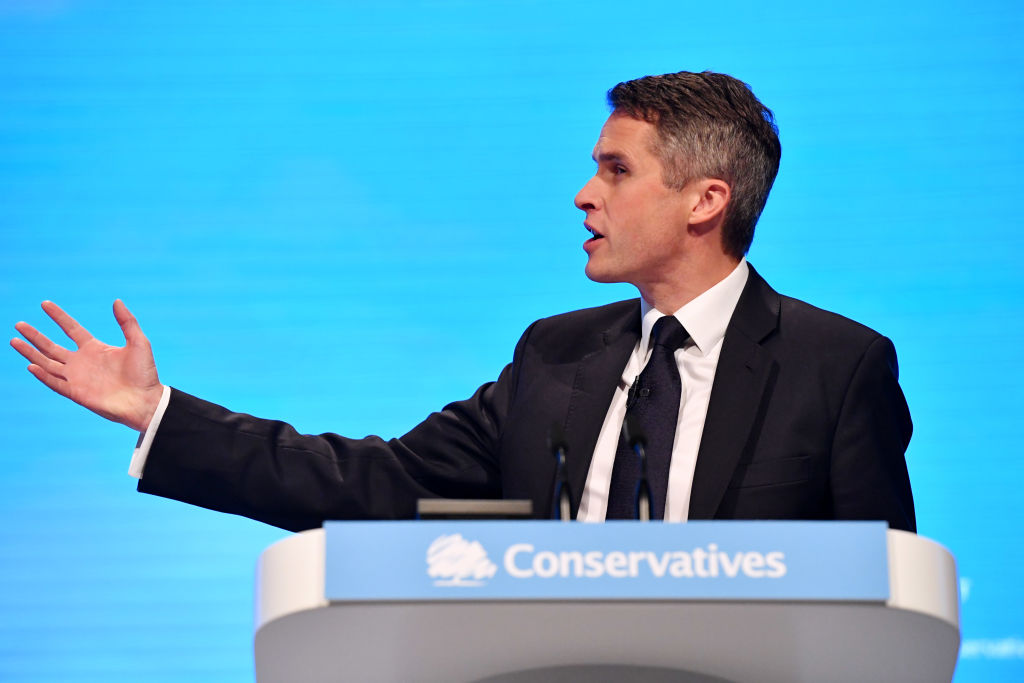When I was at school, the best grade you could hope to achieve on your termly report card was A5, with A being the highest grade for attainment, and 5 being the lowest grade for effort. I expect there will be a lot more students hoping for, and outright expecting, their own A5s this summer.
In light of the news that GCSEs and A-levels exams will be cancelled this year, Ofqual has now confirmed that grades will be decided by teachers. Schools can use mock exams, coursework and essays, or assessments set by exam boards, but these are optional, will not be taken in exam conditions, nor decide final grades. Make no mistake: this is going to be a disaster.
Gavin Williamson has insisted that the government is putting ‘trust in teachers’, but it feels more like the government is relinquishing responsibility. Of course nobody wants to repeat the mutant algorithm fiasco of last summer, but teacher-assessed grades are not the answer.
The government has effectively created a system where nice guys really do finish last
Firstly, the system is likely to lead to widespread grade inflation. Last summer, the proportion of grades at level 7 or above (A or A* equivalent) jumped by 5.2 per cent, whilst the number of grades at grade 4 (an old-style C) increased by 8.9 per cent.
It’s worth remembering too that teachers decided these results when they believed centre-assessed grades would be the final outcome. This inevitably meant that they reined in their recommendations under the assumption that the algorithm would regulate any overly-optimistic predictions. Of course, many schools took their chances and over-predicted anyway. But many schools (mistakenly) trusted the system and kept their predictions in line with previous years’ performances.
It’s unlikely the checks and balances this year will be rigorous enough to prevent mass grade inflation. Ofqual will apparently look at random samples of schools’ results and investigate any highlighted as unrealistic. This process has yet to be explained or outlined in any detail. But it is highly unlikely that Ofqual will be able to hold schools accountable when there is no consistency between them in terms of how they decide the grades.
What format will future assessments take? We don’t know. In theory, one school could allocate grades based on coursework (which students could have months to write and no doubt a lot of ‘help’ with), while another school could make a decision based on mock exams across all papers done under timed conditions. How can there possibly be a robust system of standardisation when schools are allowed such disparities?
It would have been much more sensible, as I argued last year, to require schools to set a consistent number and style of assessments with strict frameworks on how they are marked. Schools would then send off a random sample of candidates’ marked work to be moderated externally, much like coursework is. This would ensure that teachers are not marking too generously.
There is an argument that teachers know their students best and are used to making predicted grades. This is true. But while teachers may be trusted professionals, they are professionals who are going to be under an enormous amount of pressure from all sides.
No teacher at a disadvantaged school wants to be the person to give poor kids poor grades. Pushy parents will be as demanding as ever. A flood of appeals is certain. Meanwhile, head teachers will know that others are massaging grades. They will feel compelled to do the same for risk of being hounded for being honest. The government has effectively created a system where nice guys really do finish last.
This will also have a knock-on effect for universities, who over-offer places on the assumption that a certain proportion of students will miss their grades, which may well not be the case this year. This isn’t a huge problem for large universities with no caps on student places, but for universities like Oxford, Cambridge and Durham, which have limited accommodation and class sizes, they could end up in a situation where they have to ask students to defer. This then reduces the number of places available next year, and the cycle continues.
The government has had months to design a contingency plan. Instead it has chosen to shift responsibility so that they are not caught with their trousers down like they were last summer. One year of such stark grade inflation may be understandable, but two years is unacceptable, and risks devaluing the entire system. Teacher-assessed grades not only undermine the little credibility these years’ exams results have, but will also add fuel to the discussion around the efficacy of GCSE and A-levels altogether.
Gavin Williamson may think that he has dodged a bullet for now, but he will no doubt face the firing squad once again when grade inflation explodes.





Comments